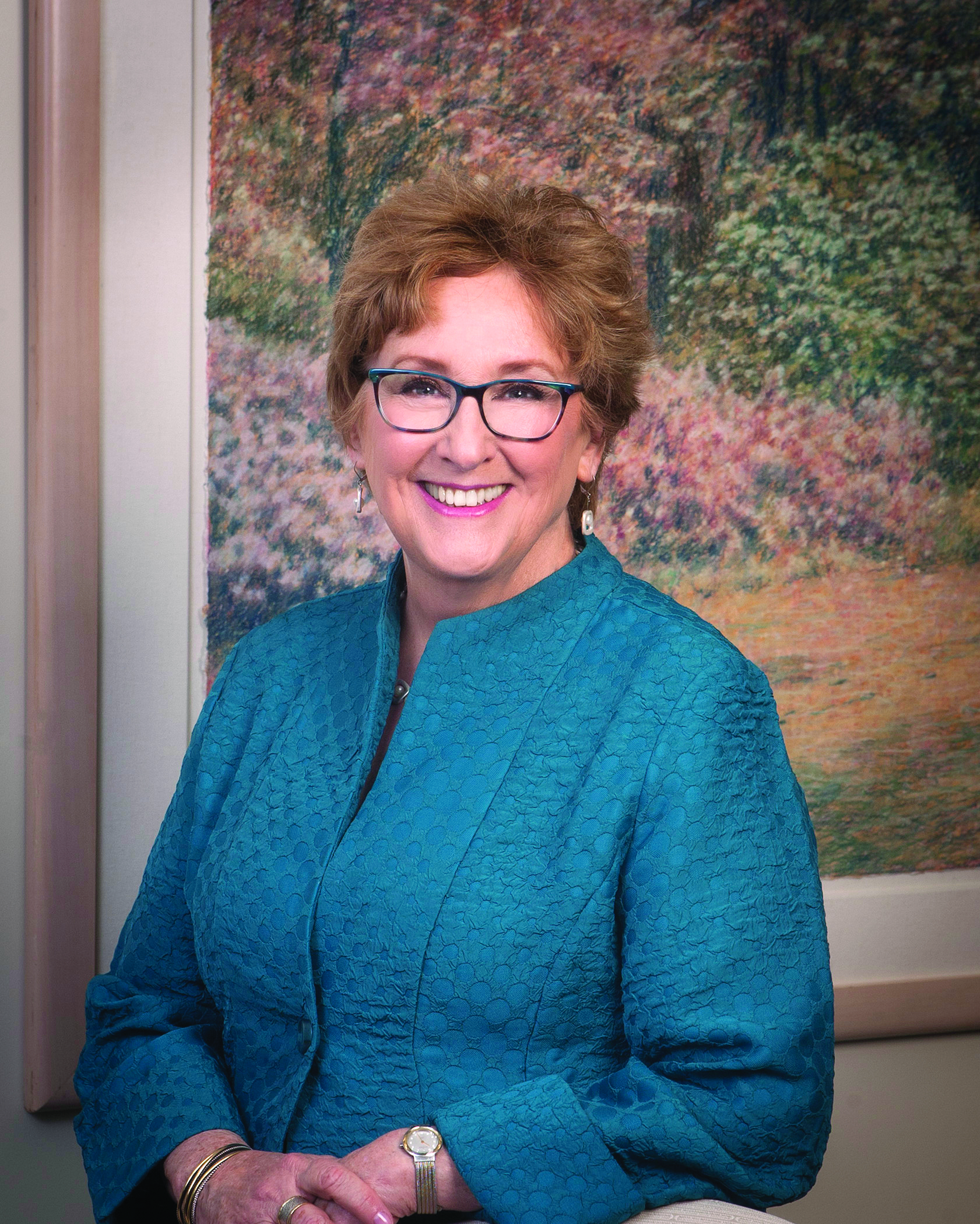Nurses Are Pivotal to Advancing Biden’s Cancer Moonshot Initiative
As the most trusted (https://bit.ly/3o11tYb) professionals for 20 years in a row, nurses witness the needs of those in our care and are suited to translate them to legislatures, regulatory agencies, nongovernmental organizations, and insurers. We do that by speaking plainly about the impact that cancer has on patients and their families. As experts, our ideas and language can translate into practice changes to transform cancer care.

I’ve had numerous opportunities to contribute to legislation that improves cancer care for future patients, including a presidential appointment as the first nurse to a scientific seat on the National Cancer Institute’s (NCI’s) National Cancer Advisory Board. In 2016, I was also appointed (https://doi.org/10.1188/16.onf.539-540) as the only nurse (https://doi.org/10.1188/17.cjon.141-142) to the Cancer Moonshot Blue Ribbon Panel, and from 2018–2020, I was the interim director of NCI’s Office of Cancer Survivorship.
The Blue Ribbon Panel was tasked (https://bit.ly/39jcmB3) with identifying “10 transformative research recommendations for achieving the Cancer Moonshot’s ambitious goal of making a decade’s worth of progress in cancer prevention, diagnosis, and treatment in just five years.” I participated in an implementation work group and advocated for the recommendation to minimize cancer treatment’s debilitating side effects. The panel’s final 10 recommendations (https://bit.ly/39jcmB3) are:
- Establish a network for direct patient involvement.
- Create a translational science network devoted exclusively to immunotherapy.
- Develop ways to overcome cancer’s resistance to therapy.
- Build a national cancer data ecosystem.
- Intensify research on the major drivers of childhood cancers.
- Minimize cancer treatment’s debilitating side effects.
- Expand use of proven cancer prevention and early detection strategies.
- Mine past patient data to predict future patient outcomes.
- Develop a 3-D cancer atlas.
- Develop new cancer strategies.
The Cancer Moonshot supports more than 240 new projects that embody collaboration, open-access publication, rapid sharing of research data, and reduction of health disparities. Through community resource programs and health organization partnerships, nurse scientists and other researchers are conducting studies (https://doi.org/10.1016/j.ccell.2021.04.015) to improve patient care and healthcare delivery, improve immunotherapy, advance childhood cancer research, expand (https://bit.ly/39jcmB3) cancer prevention and early detection, and collect and share cancer data. ONS members have been crucial (https://bit.ly/3aH8ryH) to our progress, including Christopher Friese, PhD, RN, AOCN®, FAAN, whom Biden appointed to the National Cancer Advisory Board.
Oncology nursing practice evolves as cancer care improves. It can be difficult to attribute what we’ve learned to specific Moonshot initiatives among all the other advancements in our knowledge of cancer, treatments, supportive care, and where and how we deliver that care. Regardless, cancer care is changing (https://doi.org/10.1007/s00520-021-06147-3) and nurses are navigating (https://doi.org/10.1200/jco.20.03609) those changes for their patients, such as telehealth and home care.
Nurses have a seat at today’s decision-making tables and the skills to advocate for those in our care. Speak up, volunteer, pay attention, and weigh in on the things you are seeing in your practice. We must advocate for those who are not in a position to do so and leverage the trust put in us to reduce cancer’s burden on our patients and their families.
